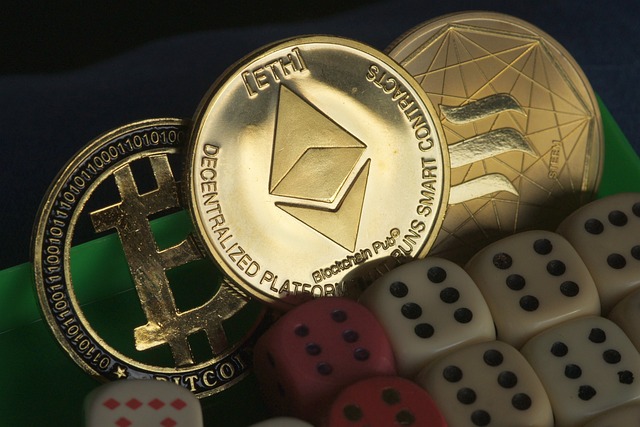Ethereum’s Role in the Future of Decentralized Finance
The world of finance is undergoing a significant transformation with the rise of decentralized finance (DeFi). At the heart of this revolution is Ethereum, a blockchain platform that has enabled the creation of smart contracts and decentralized applications. In this article, we will explore the role of Ethereum in the future of DeFi and how it is shaping the financial landscape.
The Rise of Decentralized Finance
Decentralized finance refers to a system of financial transactions that are conducted without the need for intermediaries such as banks. This approach allows for greater transparency, security, and efficiency in financial transactions. DeFi platforms use blockchain technology to enable peer-to-peer transactions without the need for middlemen.
Ethereum’s role in DeFi cannot be overstated. Its smart contract functionality has enabled the creation of decentralized applications that can automate complex financial processes. For example, Ethereum-based lending platforms allow users to lend and borrow cryptocurrencies without the need for intermediaries.
Smart Contracts and Automated Processes
Smart contracts are self-executing contracts with the terms of the agreement written directly into lines of code. They allow for the automation of complex financial processes, such as lending and borrowing, without the need for intermediaries. Ethereum’s smart contract functionality has made it an attractive platform for DeFi applications.
Ethereum-based lending platforms, such as Aave and Compound, use smart contracts to automate the process of lending and borrowing cryptocurrencies. These platforms allow users to lend their cryptocurrencies and earn interest on their investments, while also providing access to a pool of funds that can be borrowed by others.
Decentralized Exchanges and Yield Farming
Decentralized exchanges (DEXs) are platforms that enable the trading of cryptocurrencies without the need for intermediaries. Ethereum’s DEXs, such as Uniswap and SushiSwap, allow users to trade cryptocurrencies in a decentralized manner.
Ethereum-based DEXs and yield farming platforms, such as Uniswap and Aave, provide users with access to a wide range of DeFi applications that can be used to earn interest on their investments.
Regulatory Environment and the Future of DeFi
The regulatory environment for DeFi is still evolving. As DeFi continues to grow in popularity, governments and regulators are beginning to take notice. In some cases, DeFi platforms have been shut down due to regulatory issues.
Ethereum’s role in the future of DeFi will depend on its ability to adapt to changing regulatory environments. The platform has already made significant strides in this area, with the introduction of new regulations and guidelines for DeFi applications.
Conclusion
In conclusion, Ethereum plays a critical role in the future of decentralized finance. Its smart contract functionality has enabled the creation of decentralized applications that can automate complex financial processes. As DeFi continues to grow in popularity, it is likely that Ethereum will remain at the forefront of this revolution.
Ethereum-based lending platforms, decentralized exchanges, and yield farming platforms are just a few examples of the many DeFi applications that are being developed on the platform. As the regulatory environment for DeFi continues to evolve, it is likely that Ethereum will continue to play a critical role in shaping the future of this emerging financial landscape.
Tags
